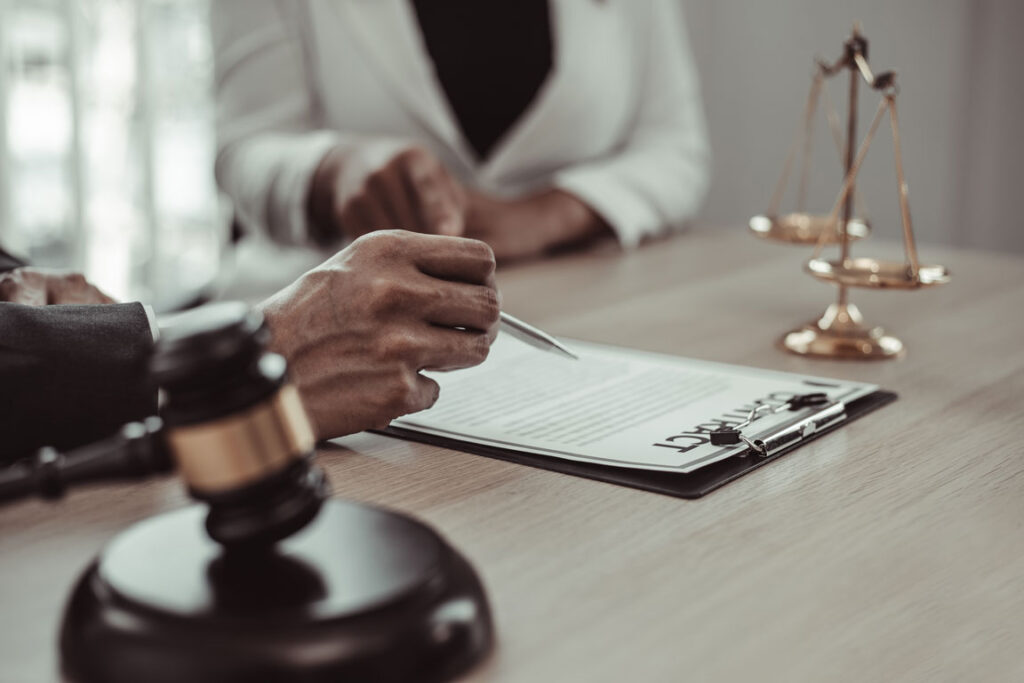When attempting to prevent the foreclosure of your home, vacating a default judgment can be your best defense. Learn more about default judgments and when vacating them can help you keep your home.
What Is a Default Judgment?
A default judgment is an official court decision in favor of one side when the other side does not answer or go to court on the court date.
In a consumer debt case, this usually happens when the defendant debtor missed a court date or never filed an Answer with the court in response to receiving legal papers informing them of a lawsuit against them (a summons and complaint).
If there is a default judgment against you, there are a number of ways you may find out:
- you received a copy of the judgment
- the other side that sued you (the plaintiff) contacted you directly and asked for payment
- a default judgment appeared on your credit report
- part or all of your paycheck was held back (garnished) by your employer and sent to the creditor or person you owe money to
- your bank account was frozen, or
- there was a lien (a claim) placed on your property

The Advantages of Vacating a Default Judgement
Avoid Foreclosure
Successfully vacating a default judgment can help you avoid foreclosure, allowing you to retain ownership and control.
Extended Timeline
Vacating a default judgment can extend the foreclosure process, allowing you more time to explore alternatives, negotiate with the lender, or address the financial issues causing the default.
Correcting Errors
Default judgments can sometimes be based on errors or misinformation. By vacating the judgment, you can rectify any inaccuracies in the court’s decision.
Legal Protections
Pursuing foreclosure defense and vacating a default judgment invokes legal protections that allow you to present your case, potentially leading to a more favorable outcome.
Negotiating Leverage
Successfully vacating a default judgment can give you more substantial negotiation leverage when dealing with the lender, potentially resulting in more favorable loan modification terms or repayment plans.
Preserve Credit Score
Avoiding foreclosure and maintaining control over the property can help protect your credit score from the severe negative impact of a completed foreclosure.

Effective Defenses for Vacating a Default Judgement
Common examples of good reasons why the plaintiff should not win the case (good defense) depends on the type of case and the facts of the case. For example, in a consumer debt case, good defenses include the following:
- statute of limitations
- identity theft
- mistaken identity
- full or partial payment
- dispute the amount of the debt
- authorized user
- bankruptcy
- or no business relationship with the plaintiff

